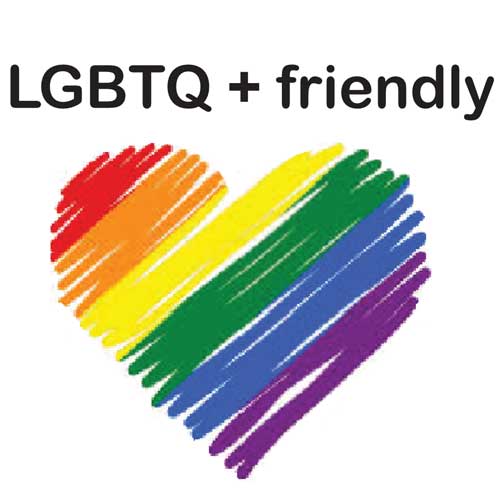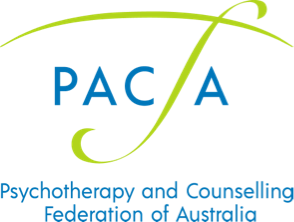What is my path?
You could call this the existential question that rests on the lips of the young, middle aged and even the old. For some this question hangs around like a bad smell all our lives as we take our hand at this and that never fully reaching our potential. For others they are lucky enough to stumble on their path and find a sense of purpose that brings them fulfilment. While for the rare few they know instinctually their gifts and pursue their passion with a steadfast enthusiasm overcoming obstacles with their sheer conviction and dedication.
What can we do if we find ourselves in the former position, forever embraced by the above question roaming aimlessly through life without meaning?
We begin at the beginning. Who am I? As a Gestalt Psychotherapist we believe that experiencing ourselves, how we do life and how that makes us feel, as fully as possible, is the first step in order to bring about change and growth. Our theory posits that when we become aware of our patterns and habits that no longer serve us we can begin (firstly with the support of the therapist) to loosen their grip over us and build courage in doing things differently. As we let go of the old we experience the unknown until enough space is created to allow the new. When we continue to let go of our familiar rigid holding patterns we invite flexibility, authenticity, creativity and more choice into our lives. Anything is possible!
While some relish in the freedom of possibilities many of us experience this freedom as a daunting concept. A gaping hole of possibilities that appears to reflect back our own distrust in our ability to step out into the unknown, fearing that safety does not exist out there. Thus most of us choose to live our lives small and by this I don’t mean simply, but in a way that avoids our own potential infusing our experience of life with a feeling of unrelieved tension. Soren Kierkegaard a Danish philosopher who is wildly considered to be the first existential philosopher describes the above as ‘existential angst’ when one is afraid of their own free will.
To relieve ‘existential angst’ we need to embrace our free will in order to reach our potential. It takes courage and conviction to discover who we are in our freedom. We learn to be bold and responsible for ourselves. We learn about what is important to us. Our choices and belief in our abilities grow and we can begin to embrace our free will with courage and curiosity. We may encounter adversity and challenge however the outcome is capability and strength.
Discovering our own unique path requires not only the boldness of doing, but also the quiet self reflection and contemplation of not doing. Rollo May an Existential Psychotherapist (1909 – 1994) and author of the influential book ‘Love and Will’ says it best.
“It is an ironic habit of human beings to run faster when they have lost their way.”






